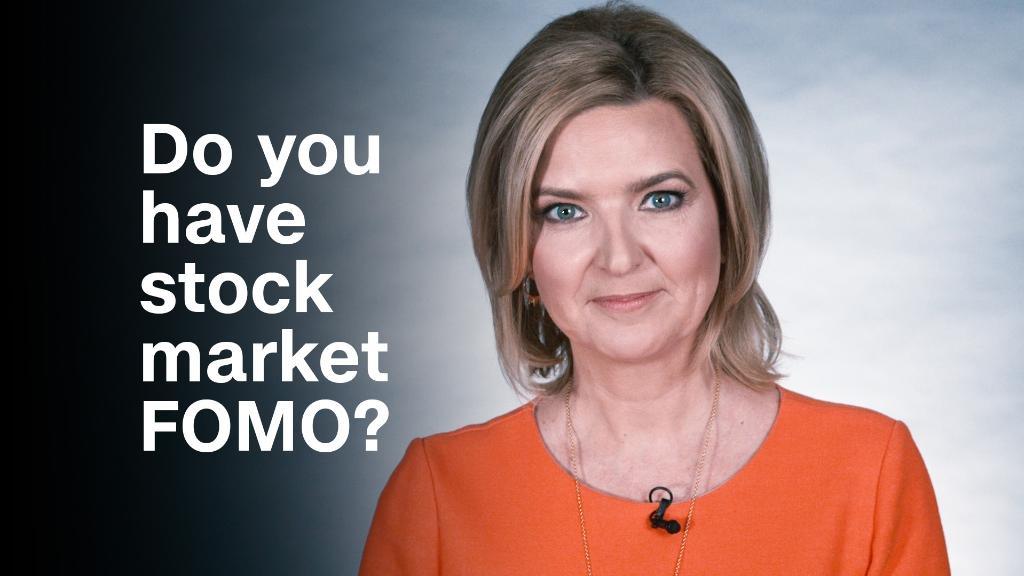
Insurance giant American International Group needed a $182 billion bailout from the federal government a decade ago to avoid going under. But AIG has clawed its way back from the depths of financial despair and is finally starting to make deals again.
AIG announced Monday that it was buying Bermuda-based reinsurer Validus for nearly $5.6 billion. And it is paying for the deal with cash -- not by issuing more stock, a move that often hurts existing shareholders.
That's a significant achievement, one that shows that the leaner, meaner AIG is back on solid footing.
AIG (AIG) has come a long way since 2008, a time when investors were nervous about the health of just about every major U.S. financial company.
A decade ago, giant savings and loan Washington Mutual was seized by the FDIC -- the largest bank failure ever -- and subsequently sold to JPMorgan Chase (JPM). Earlier that year, JPMorgan Chase "rescued" failing Bear Stearns too.
Fannie Mae and Freddie Mac had to be taken over by the government. Lehman Brothers collapsed. Merrill Lynch sold itself to Bank of America (BAC) to avoid a fate similar to Lehman's.
AIG was in dire straits too. Shares plunged more than 90% in 2008 after losing billions of dollars because of a drop in the value of credit default swaps tied to subprime mortgages (loans to borrowers with bad credit that imploded as the economy tanked).
The company's stock was removed from the Dow Jones Industrial Average days after the U.S. government stepped in to keep AIG from filing for bankruptcy like Lehman Brothers did.
But the bailout had strings attached. In order to pay back the government and improve its financial position, AIG wound up dumping divisions en masse in the years after the financial crisis, unloading nearly $100 billion in assets.
AIG made good on its debts to the Treasury and Federal Reserve. It paid them back in full by 2013 and the government even made a nearly $23 billion profit.
However, shares of AIG remain well below the price they were trading at before the 2008 implosion. The stock has also lagged the performance of the broader market and other insurers over the past five years.
Related: AIG turns to Luxembourg to avoid Brexit pain
That's why the move to buy Validus is so important. It's the largest acquisition for AIG since the financial crisis.
It's done three other relatively small deals in the past few years, scooping up Japanese insurer Fuji Fire and Marine, U.K. life insurer Ageas Protect and Irish healthcare insurer Laya. But those three deals each cost less than $1 billion.
CEO Brian Duperreault, who took the helm at AIG last May, has made no secret of his plans to make the company bigger again. Bloomberg reported earlier this year that AIG was in talks to buy Voya Financial (VOYA) for $10 billion, but that the deal fell apart.
The dark days are over. AIG no longer needs to be dumping assets or using cash to buy back its own shares in order to prop up its stock price.
The company is once again focusing on growth -- something it will need to do if it wants to keep one of its biggest shareholders, corporate activist Carl Icahn, happy.
Icahn's investment firm owns a nearly 5% stake in AIG. When he made his investment in 2015, he called for the company to be broken up. But Icahn is reportedly happy with the direction that AIG has taken under Duperreault.
So even though AIG may never gain back all of the losses it suffered 10 years ago, there's a chance Dupereault can write a somewhat happy ending for the company. At the very least, AIG is no longer at death's door and its fire sale appears to be over.


